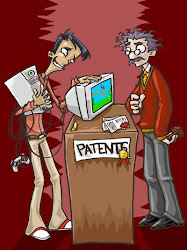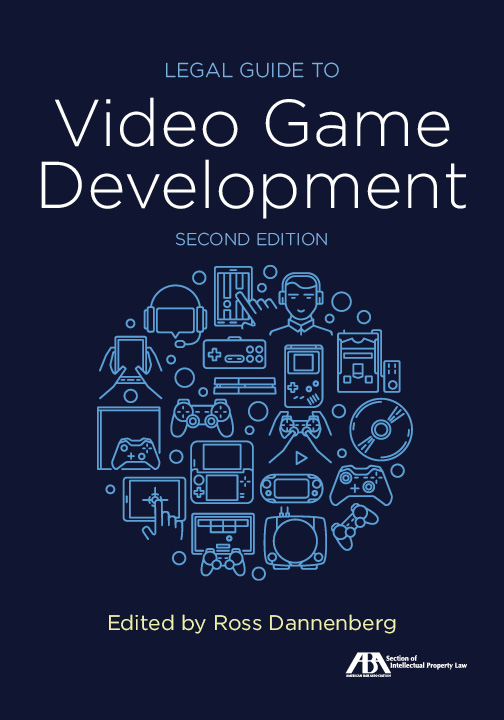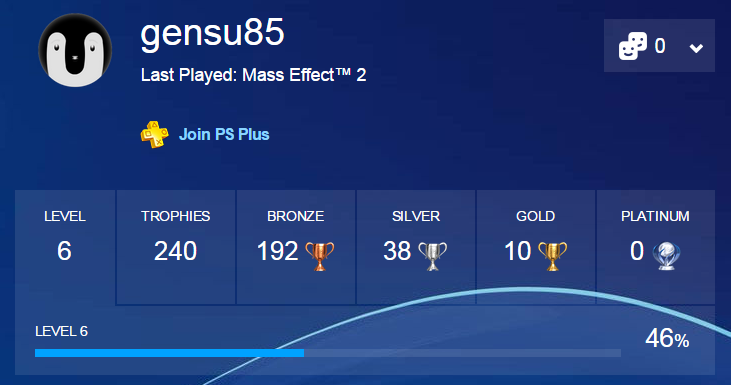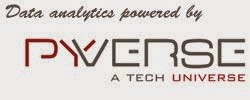From Konstantin Ewald
& Felix Hilgert of Osborne Clarke:
Current
press reports: Key selling illegal
Courts
have been saying it since 2014
Only a
myth: German Federal Court of Justice did NOT just authorize key selling
In short, if key selling gives you a headache,
remedies are available. Feel free to get in touch, and we would be happy to
help.
Another year, another gamescom… This time, one of the
hot topics we discussed a lot in individual meetings and at the VGBA European
Summit was publishers' fight against "key selling", so we thought we
would share some additional resources on the legal aspects of this practice
that has German publishers up in arms.
Current
press reports: Key selling illegal
The debate was fuelled in part by a publication in
Handelsblatt, one of Germany's leading business dailies. One of their
correspondents, specialized in white collar crime, reported extensively on the
many ways in which key sellers like MMOGA are violating the law. You can find
the article in English here and in German (behind
a paywall) here.
Courts
have been saying it since 2014
In the first landmark case in Germany to deal with
key selling back in 2014, we were able to convince the Regional Court of Berlin
that the common practice of buying boxed products, discarding the DVD and
reselling the key only was in violation of copyright and trademark law. This
decision, which has since been confirmed by other courts, is still the
cornerstone of any legal strategy against key selling in Germany and beyond:
Judgments are possible also against entities domiciled elsewhere, and enforcing
them from within Germany, while not trivial, has proven a viable option. You
can find a summary of the Berlin case in English here
and in German here.
Only a
myth: German Federal Court of Justice did NOT just authorize key selling
Finally, a recent decision by the German Federal
Court of Justice has been flaunted by some as saying key selling is permitted
after all. However, these commentators fail to take into account the very
specific nature of video games, which are protected as "hybrid works"
according to the case law of the CJEU, and that "usedSoft" principles
do not apply to them. We dispel the myth in detail in a note available here.





